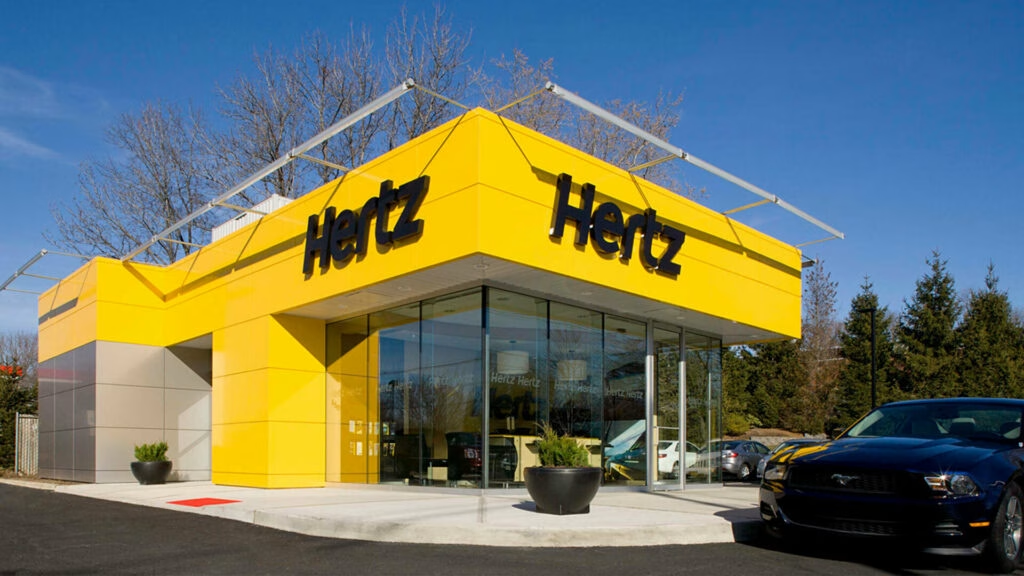Why Are Rental Car Damage Disputes So Common?
Handing back a rental car can feel like a roll of the dice. You park, gather your bags, and hope the inspection goes smoothly. But for many, that final walkaround is the most stressful part of the trip. The reason? Damage disputes. Even the most careful drivers worry about being blamed for a scratch or ding they didn’t cause.
Rental companies face a real challenge here. Their fleets rack up thousands of miles every month, and minor damage is almost inevitable. Yet, every dent or windshield chip chips away at resale value. So, how do they strike a fair balance between protecting their assets and treating customers justly?
How Is Hertz Using AI Cameras to Assess Vehicle Damage?
Hertz has started rolling out an AI-powered camera system called UVEye at select airport locations. The idea is simple: as you return your car, the system scans it for damage, flagging anything over an inch long. This promises a more objective, consistent way to document a car’s condition—no more relying solely on a rushed human inspection or fuzzy memory.
According to Hertz, about 97 percent of rentals come back without any flagged damage. That’s a reassuring stat for most renters. Plus, having a digital record of the car’s state at drop-off and pick-up could, in theory, protect both sides from false claims.
Are AI Damage Detection Systems Really More Fair?
Here’s where things get tricky. While AI sounds like the ultimate impartial judge, it’s not infallible. Some customers have reported being charged for damage that, in their eyes, simply wasn’t there. One long-time Hertz customer even filmed their car after the AI flagged an issue, only to find staff unwilling (or unable) to override the system. The result? A frustrating loop of phone calls and dead ends.
This isn’t just a Hertz problem. As more companies lean on automation, the risk of “computer says no” moments grows. AI can be more consistent than humans, but it can also be less flexible. If the system makes a mistake, who’s accountable? And how easy is it for a customer to challenge a decision?
What’s the Real Cost of Minor Damage to Rental Fleets?
Let’s get real: rental cars take a beating. Rock chips, door dings, and scuffed bumpers are par for the course. While companies don’t fix every tiny blemish, these imperfections add up, especially when it’s time to sell the car. According to a 2023 report from the American Car Rental Association, cosmetic damage can reduce a vehicle’s resale value by up to 10 percent.
But not all damage is created equal. A one-inch scratch on a bumper is very different from a cracked windshield. The challenge is setting clear, reasonable thresholds for what counts as chargeable damage. Too strict, and you alienate customers. Too lenient, and you eat into profits.
How Can Rental Companies Make Damage Assessments More Transparent?
Transparency is the name of the game. Here are a few ways rental companies could build more trust:
– Provide before-and-after photos: Let renters see exactly what the AI (or human) flagged, with time stamps.
– Allow for easy appeals: If a customer disagrees with a damage claim, there should be a straightforward way to contest it—ideally with a real person reviewing the case.
– Set clear standards: Spell out what counts as “normal wear and tear” versus chargeable damage. Many European rental agencies already use diagrams and written guidelines to clarify this.
– Hybrid approach: Combine AI with human oversight. If the system flags something borderline, have a trained staff member review it before charging the customer.
What Should Renters Do to Protect Themselves?
A little preparation goes a long way. When you pick up your rental, take a quick video walkaround, noting any existing scratches or dents. Do the same when you return it. Most smartphones time-stamp photos and videos, which can be invaluable if there’s a dispute.
If you’re worried about minor damage, consider purchasing the rental company’s damage waiver or using a credit card that offers rental insurance. It’s not always cheap, but it can save you a major headache.
Is AI the Future of Rental Car Inspections—or Just a Growing Pain?
AI-powered inspections are here to stay, and they have real potential to make the process fairer for everyone. But the technology isn’t perfect yet. As with any new system, there are bound to be hiccups—especially when it comes to customer service and dispute resolution.
The big takeaway? Fair damage assessment isn’t about perfection—it’s about smarter adjustments. Start with one change this week, and you’ll likely spot the difference by month’s end. Whether you’re a renter or a rental company, a little more transparency and empathy can turn that nerve-wracking handoff into just another step in your journey.

